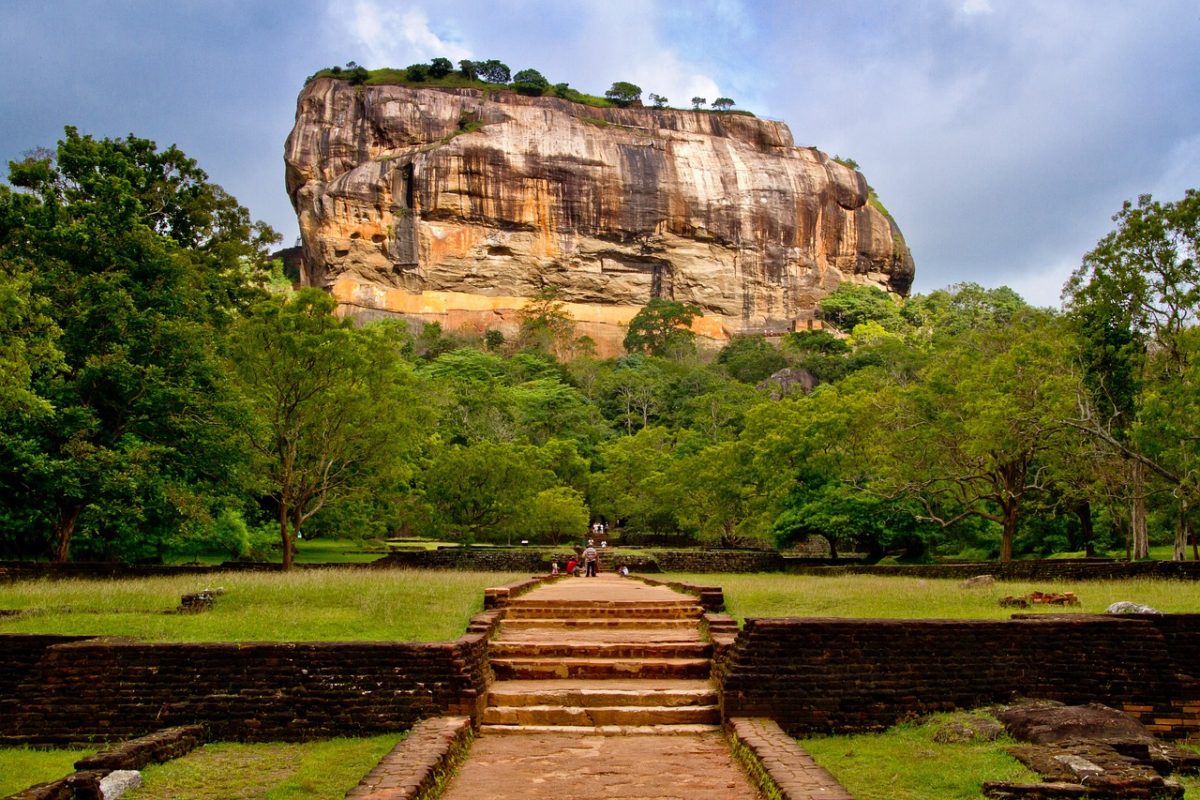For a detailed timeline of major events in Sri Lanka post-2019, please visit our Sri Lanka Timeline.
Political Landscape
- As Sri Lanka celebrated its 76th Independence Day on the 4th of February, the political outlook with elections due in August/September continues to be murky.
- At a speech to mark the occasion, President Ranil Wickremesinghe stated:
- “On several occasions, I pointed out the seriousness and danger of the looming economic crisis we are facing today. I have already said that the first six months of this year will be extremely difficult. We have to face this difficult situation in our stride, although unwillingly, for the sake of the country.”.
- With an eye towards elections, this shows awareness of the ongoing discontent with many of the measures taken under the IMF program, such as increased taxes and changes to the social safety net.
- Wickremesinghe’s future electoral success is contingent on his ability to persuade the electorate that the current austerity is for the greater good, and the only available option.
Current Events
- Our previous update noted an IMF delegation visiting Sri Lanka met with the leftist NPP party.
- In a further sign that they are regarded as front-runners, if not favourites in the upcoming elections, last week, a delegation from the Ceylon Chamber of Commerce met with them.
- The Chamber is one of Sri Lanka’s oldest business organisations, with a history dating back to 1839.
- Minutes of the meeting were released and of note were the following points, which represent departures from the Marxist/Nationalist past of the NPP’s main constituent:
- The NPP expressed “broad support for the IMF programme”
- Noted the need to improve efficiency in the public sector.
- Agreed on the need for private higher education.
- Of equal significance is a trip scheduled this week to India on an official invitation by the Indian government.
- The ostensible main Opposition party, the SJB, had a minor PR victory, when police fired water cannons and tear gas at a protest rally.
- Also of interest is the more populist rhetoric being used by the party’s technocratic economics team.
- Both the rally and the change in language should be considered attempts to regain momentum, and court the voters who previously were supporters of the Rajapaksas SLPP party.
- In what could be an important development, the controversial Online Safety Bill (OSB) was passed in Parliament, and subsequently endorsed by the Speaker.
- The bill, which has come in for considerable local and international criticism, grants a commission the power to prohibit the dissemination of false information online.
- Concerns have been expressed over the vagueness of the terminology, and of the independence of the commission that will be appointed to oversee it.
- With the importance of the digital space in both political campaigning, and in exposing corruption, the fear is that the OSB will be used to suppress dissent and target opposition activists.
